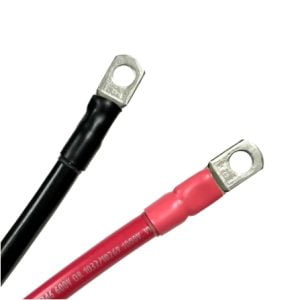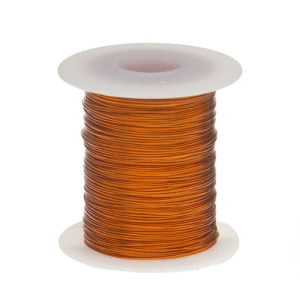

Magnets can have a certain influence on wires, mainly by changing the magnetic field around the wires. The effect depends on factors such as the strength of the magnet, its distance and the direction of current flow in the wire.
Law of Magnetic Induction: When a magnet is brought close to a wire, changes in the magnetic field may induce an electric current in the wire. This phenomenon is called electromagnetic induction.
Changes in magnetic field direction and strength: Moving the magnet closer or further away may change the direction and strength of the magnetic field around the wire.
Effects on Induced EMF: Movement of the magnet or changing its position relative to the wire may increase or decrease the generation of induced EMF. This plays an important role in equipment such as generators and transformers.
Hall effect: A wire moving in a magnetic field is affected by the force of the magnetic field. This phenomenon is called the Hall effect. When an electric current passes through a wire, it may develop a certain force or deflection when acted upon by a magnetic field.

Generally speaking, the influence of magnets on wires is mainly by changing the surrounding magnetic field, which may induce induced current, change the direction and intensity of the electromagnetic field, or produce some force on the wire when transmitting current. These effects depend on the distance between the magnet and the wire, the strength of the magnet, and the specific circumstances of the current flow in the wire.




